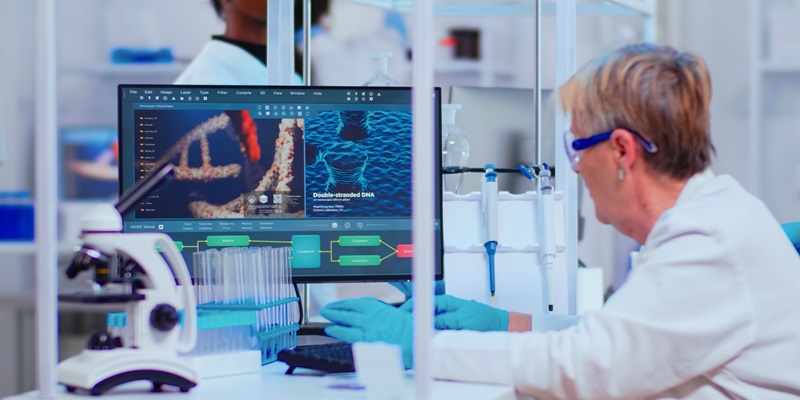The medical world is witnessing a seismic shift as artificial intelligence (AI) makes its mark on cardiac diagnostics. When it comes to heart health, time is of the essence. Early detection of conditions like obstructed blood vessels or issues with the heart muscle can be the difference between recovery and a life-threatening event. Conventional ECGs, while useful, have their limitations. They rely heavily on the expertise of the healthcare professional interpreting the results, and even then, subtle anomalies may go unnoticed. This is where AI shines. It serves as a sophisticated assistant that can analyze vast amounts of data and detect patterns unrecognizable to the human eye.
Innovative companies like HeartSciences and Anumana are at the forefront of integrating AI with ECG technology. Their aim is to create systems that can reliably identify signs of cardiac abnormalities that could be missed by traditional methods. The power of AI lies in its ability to learn from a vast database of ECG records. By harnessing the intricate complexities of cardiology, these AI-enhanced tools are becoming increasingly competent at pinpointing potential issues. The result is a more accurate and comprehensive ECG analysis, providing healthcare professionals with a deeper understanding of a patient’s heart health.
Navigating the Challenges of AI-driven ECGs
AI is set to transform ECG diagnostics, but it faces crucial hurdles. Achieving accurate, unbiased algorithms hinges on training AI with diverse data, reflective of all populations. Partnerships between tech innovators and medical institutions are instrumental in encompassing a wide array of cardiac conditions and demographics in AI learning.
Navigating the path to clinical approval presents a formidable challenge. AI ECG tools must satisfy rigorous regulatory standards to ensure safety and efficacy. Collaborating with regulatory authorities is essential for these tools to attain certification for medical use.
Once approved, AI-assisted ECG technologies promise to be a game-changer in healthcare. They could enhance early detection and swift intervention in cardiac care, proving to be a lifesaving asset by identifying cardiac threats early, thereby preventing many potential fatalities.

